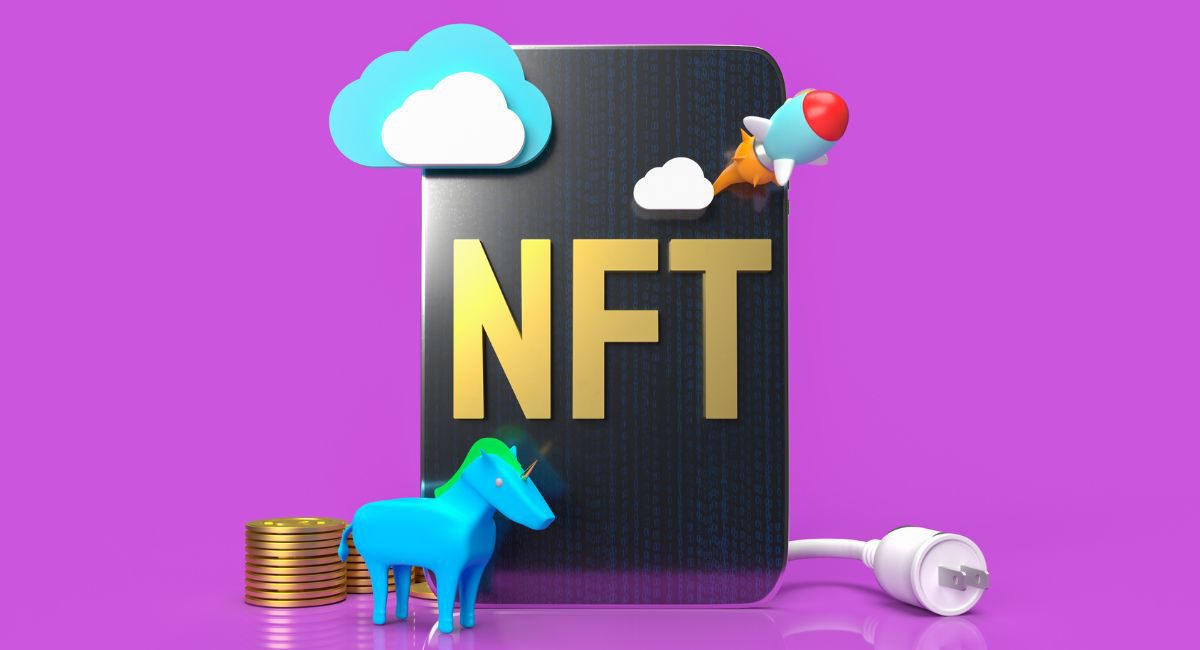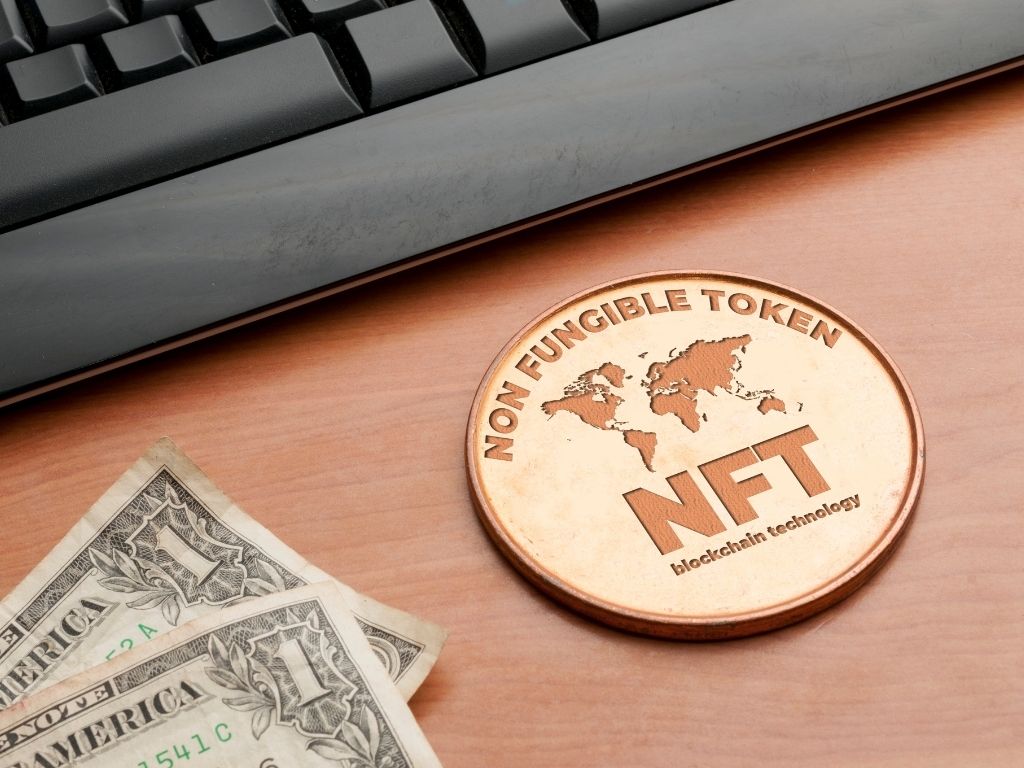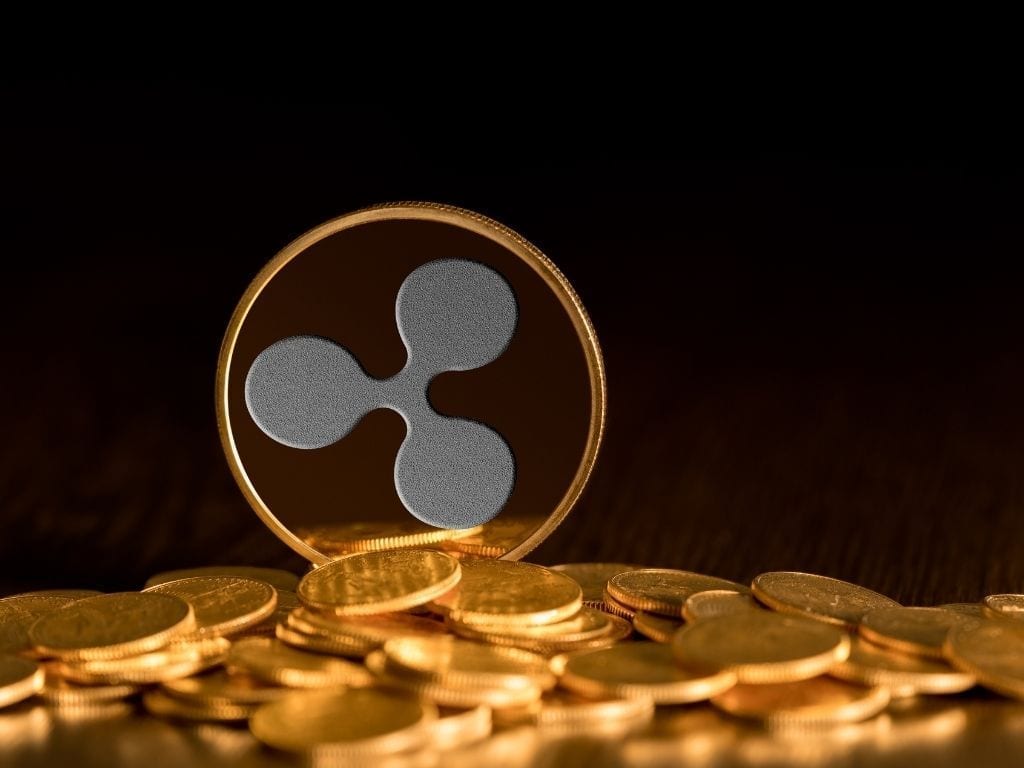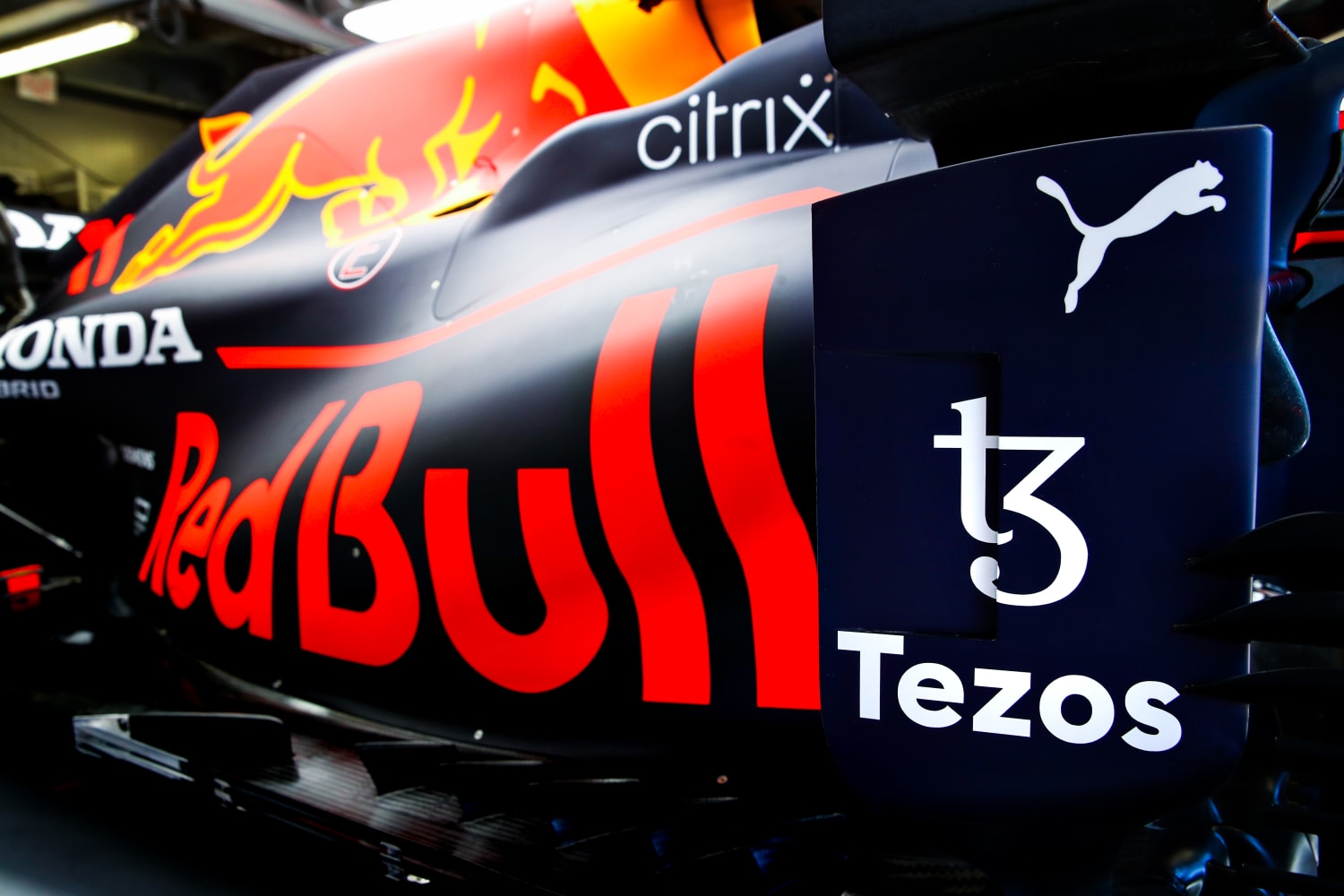The Potential of NFTs for In-Game Assets and Virtual Economies
The gaming industry is experiencing a significant shift in the way players interact with in-game assets and virtual economies. With the rise of blockchain technology and non-fungible tokens (NFTs), players can now truly own and trade their in-game assets, creating a new frontier in gaming.
In this article, we will explore the potential of NFTs for in-game assets and virtual economies, examining how they can improve player experiences and revolutionize the gaming industry.
What are NFTs?
First, let’s define what NFTs are. NFTs are unique digital assets that are created on a blockchain, giving them a level of authenticity and scarcity that is impossible to replicate. This means that NFTs can be used to represent digital assets such as artwork, music, and in-game items.
NFTs in Gaming
NFTs have enormous potential for the gaming industry, as they enable players to own and trade in-game assets as if they were physical objects. Previously, in-game assets were owned by the game developers and were not transferable between players. However, with NFTs, players can truly own their in-game assets, and they can trade them with other players, creating a new level of player-driven economies.
In addition, NFTs can provide players with a new level of transparency and security when trading assets. With the use of blockchain technology, transactions can be tracked, ensuring that ownership of assets can be verified and that they are not counterfeit.
Virtual Economies and in-game assets
Virtual economies are becoming increasingly prevalent in gaming, as players are willing to spend real-world money on in-game assets. These assets can range from virtual clothing to weapons and vehicles, and they are often used to enhance the gaming experience or to show off to other players.
2. The idea of whether you can/cannot drop things on the ground in a game has two critical implications for virtual economies.
First: “Value destruction” ← of which I think there are two meaningful definitions.
A. The process by which any perceived value of virtual assets…
— Tim Cotten (@CottenIO) April 14, 2023
NFTs can take virtual economies to the next level, allowing players to trade their assets more securely and transparently. This means that players can have more control over their assets and potentially even profit by trading them with other players. Moreover, NFTs can allow developers to create new revenue streams through the sale of in-game assets, as players are willing to spend money on unique and rare items.
Also, read – How Web3 And NFTs Will Affect The Gaming Industry?
Here are ten NFT gaming assets that hold great value in the virtual economies:
- Axiom Zen’s CryptoKitties – CryptoKitties are unique digital cats that are collectible and breedable. Each CryptoKitty is an NFT, and some rare CryptoKitties have sold for hundreds of thousands of dollars.
- Axie Infinity’s Axies – Axies are digital creatures that can be bred and battled in the Axie Infinity game. Some rare Axies have sold for tens of thousands of dollars.
- Decentraland’s LAND – LAND is a virtual real estate in the Decentraland game. Each piece of LAND is an NFT, and some have sold for millions of dollars.
- F1 Delta Time’s Cars – F1 Delta Time is a racing game where players can collect and race digital cars. Some rare F1 Delta Time cars have sold for tens of thousands of dollars.
- Gods Unchained’s Cards – Gods Unchained is a collectible card game where each card is an NFT. Some rare Gods Unchained cards have sold for tens of thousands of dollars.
- The Sandbox’s LAND – Similar to Decentraland, The Sandbox is a virtual world where players can own and develop virtual real estate. Some rare pieces of LAND have sold for tens of thousands of dollars.
- My Crypto Heroes’ Heroes – My Crypto Heroes is a game where players can collect and train digital heroes. Some rare heroes have sold for tens of thousands of dollars.
- Splinterlands’ Cards – Splinterlands is a collectible card game where each card is an NFT. Some rare Splinterlands cards have sold for thousands of dollars.
- Somnium Space’s LAND – Somnium Space is a virtual world where players can own and develop virtual real estate. Some rare pieces of LAND have sold for tens of thousands of dollars.
- Star Atlas’ Spaceships – Star Atlas is a space exploration and strategy game where players can collect and trade spaceships. Some rare Star Atlas spaceships have sold for tens of thousands of dollars.
These are just a few examples of NFT gaming assets that hold great value in the virtual economy. As the use of NFTs in gaming continues to grow, it will be interesting to see what other unique and valuable assets emerge.
4/ But why NFT Rentals?
Accessibility, engagement, empowerment and ownership.
Reasons to rent NFTs include:
– Monetizing digital assets
– Sharing access to events or content
– Gaming purposes
– Everyone wins with NFT rentals! 🤝pic.twitter.com/lAnw9xezBg— R̷o̷d̷ ̷O̷l̷i̷v̷e̷i̷r̷a̷ (@IAMRodOliveira) April 18, 2023
Conclusion
NFTs have the potential to revolutionize the gaming industry, providing players with a new level of ownership and control over in-game assets. They also enable the creation of player-driven economies, which can potentially create new revenue streams for game developers.
As the use of NFTs in gaming continues to grow, it will be interesting to see how they will change the gaming experience and how they will impact the wider gaming industry. Nonetheless, it is clear that NFTs have opened up a new frontier for gaming, offering exciting new possibilities for players and developers alike.
One of the biggest advantages of NFTs in gaming is that they offer a new level of transparency and security in ownership. With NFTs, players can have confidence that the items they own are truly unique and cannot be duplicated or replicated. This provides a level of protection against fraud and scams, which has been a major issue in the gaming industry for years.
Furthermore, NFTs offer new opportunities for players to monetize their gaming experiences. Players can sell their in-game assets to other players or even to collectors, providing them with a new source of income. This has the potential to create a more sustainable and rewarding gaming ecosystem for players, as they can now profit from their time and efforts spent in the game.
For game developers, NFTs offer new possibilities for monetization and revenue generation. With NFTs, developers can create limited edition items or unique experiences that players are willing to pay a premium for. Additionally, NFTs can create new revenue streams for game developers through transaction fees and secondary market sales.
However, the use of NFTs in gaming is not without its challenges. There are concerns about the environmental impact of NFTs, as the process of minting them requires a significant amount of energy. Additionally, there are concerns about the potential for NFTs to create inequality and elitism within games, as players who are willing to spend more money on rare items may have an unfair advantage over those who cannot.
Overall, NFTs have the potential to transform the gaming industry in exciting ways. They offer new opportunities for ownership, monetization, and revenue generation, and have the potential to create more sustainable and rewarding gaming experiences for players. However, it is important that developers and players approach NFTs with a sense of responsibility and consideration for their potential impacts. With careful planning and execution, NFTs have the potential to take gaming to new heights.
Stay informed with daily updates from Blockchain Magazine on Google News. Click here to follow us and mark as favorite: [Blockchain Magazine on Google News].
Get Blockchain Insights In Inbox
Stay ahead of the curve with expert analysis and market updates.
latest from tech
Disclaimer: Any post shared by a third-party agency are sponsored and Blockchain Magazine has no views on any such posts. The views and opinions expressed in this post are those of the clients and do not necessarily reflect the official policy or position of Blockchain Magazine. The information provided in this post is for informational purposes only and should not be considered as financial, investment, or professional advice. Blockchain Magazine does not endorse or promote any specific products, services, or companies mentioned in this posts. Readers are encouraged to conduct their own research and consult with a qualified professional before making any financial decisions. The featured image used is just a creative depiction of the title and it does not intend to hurt sentiments of any person or institution. If it hurts anyone sentiments, please do not hesitate to reach out to Blockchain Magazine.

 Bitcoin
Bitcoin  Ethereum
Ethereum  XRP
XRP  Tether
Tether  Solana
Solana  USDC
USDC  Dogecoin
Dogecoin  Cardano
Cardano  Lido Staked Ether
Lido Staked Ether  TRON
TRON  Chainlink
Chainlink  Wrapped Bitcoin
Wrapped Bitcoin  Wrapped stETH
Wrapped stETH  Avalanche
Avalanche  Sui
Sui  Stellar
Stellar  Hedera
Hedera  Toncoin
Toncoin  Shiba Inu
Shiba Inu  LEO Token
LEO Token  Hyperliquid
Hyperliquid  Litecoin
Litecoin  Bitget Token
Bitget Token  WETH
WETH  Polkadot
Polkadot  USDS
USDS  Bitcoin Cash
Bitcoin Cash  Ethena USDe
Ethena USDe  Wrapped eETH
Wrapped eETH  Uniswap
Uniswap  MANTRA
MANTRA  Ondo
Ondo  Pepe
Pepe  Aave
Aave  Monero
Monero  NEAR Protocol
NEAR Protocol  WhiteBIT Coin
WhiteBIT Coin  Mantle
Mantle  Official Trump
Official Trump  Aptos
Aptos  Internet Computer
Internet Computer  Dai
Dai  Ethereum Classic
Ethereum Classic  Bittensor
Bittensor  Cronos
Cronos  OKB
OKB  POL (ex-MATIC)
POL (ex-MATIC)  Gate
Gate 




